Russia’s environment for free expression is deteriorating, especially since the 2012 re-election of President Vladimir Putin.
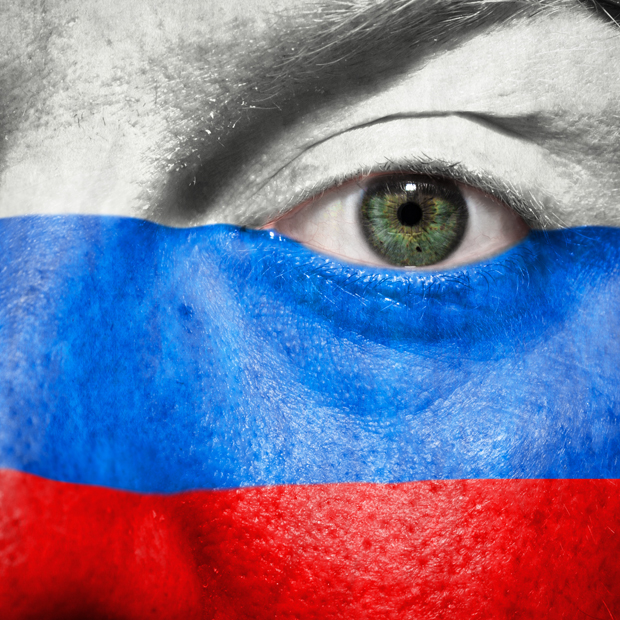

Russia’s environment for free expression is deteriorating, especially since the 2012 re-election of President Vladimir Putin.
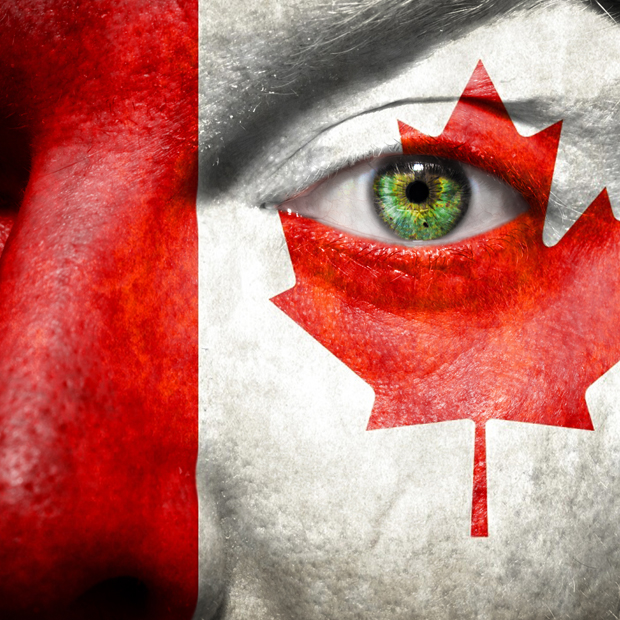
Despite having a generally positive free expression record, Canada has, in recent years, taken some regressive steps.
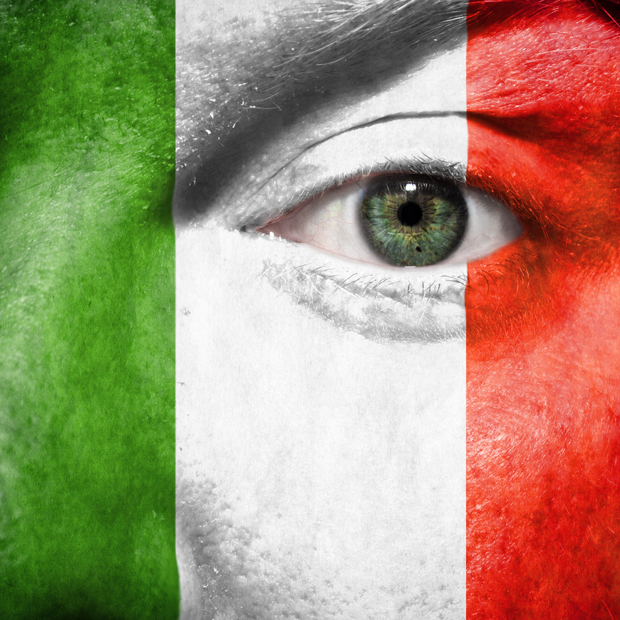
The situation for freedom of expression in Italy is curtailed by a lack of media plurality, restrictive media legislation and a digital sphere restricted by a strict privacy law.
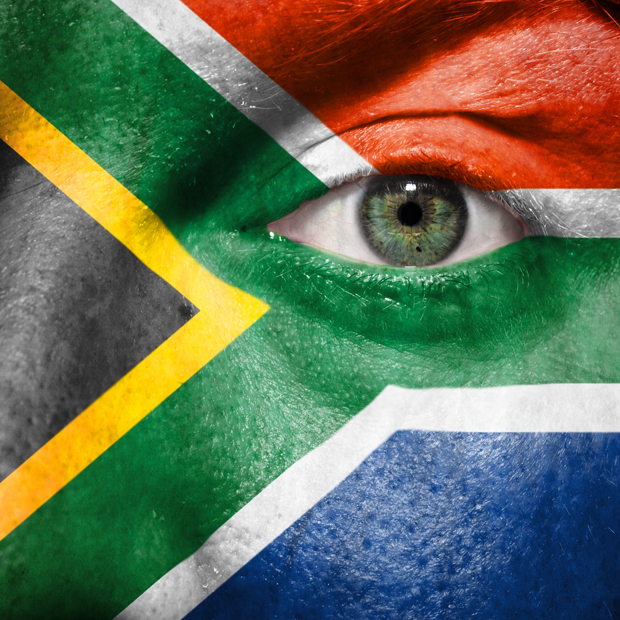
As the G20 nations prepare to meet in St Petersburg, Russia in early September, Index on Censorship is exploring the nations’ records on free expression. Today: Christi van der Westhuizen reports on South Africa
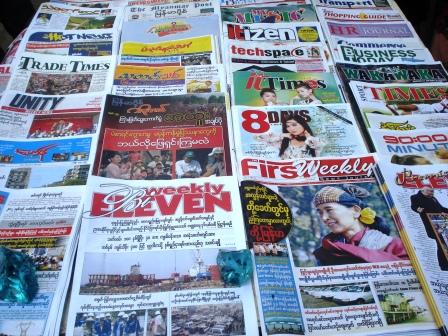
Index on Censorship report: Burma is at a crossroads. The period of transition since 2010 has opened up the space for freedom of expression to an extent unpredicted by even the most optimistic in the country.
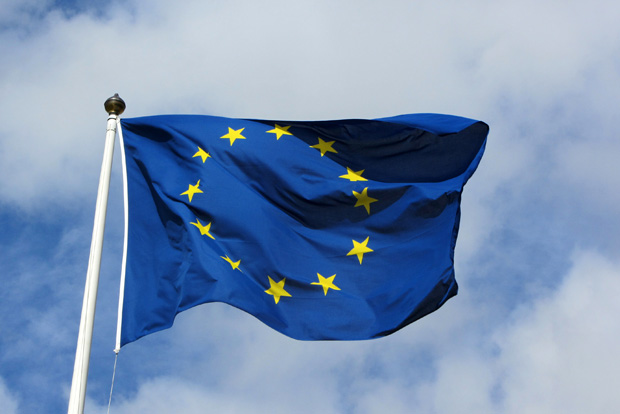
While in principle the EU supports freedom of expression, it has often put more emphasis on digital competitiveness and has been slow to prioritise and protect digital freedom, Brian Pellot, digital policy advisor at Index on Censorship writes in this policy paper
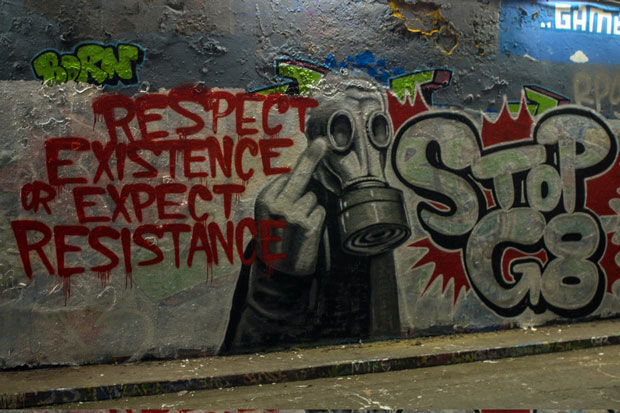
When G8 leaders meet in Northern Ireland today, they will focus on transparency, trade and development. But they cannot hope to achieve their declared goals on transparency, corruption and human rights without a clear commitment to respecting freedom of expression at home.
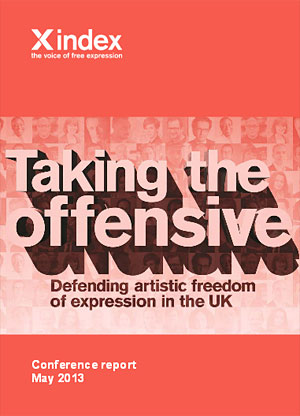
[vc_row][vc_column][vc_column_text] Contents Summary | Introduction | What is artistic freedom of expression? | What are the limits to freedom of expression? | Institutional self-censorship | Reinforcing support for artistic freedom of expression |...

The future of the internet is at stake as major governance decisions are made. The battle lines are being drawn between those who see freedom of expression as a fundamental human right in the digital world as much as it is offline, and those that consider the control of information and ideas as a priority for the state.